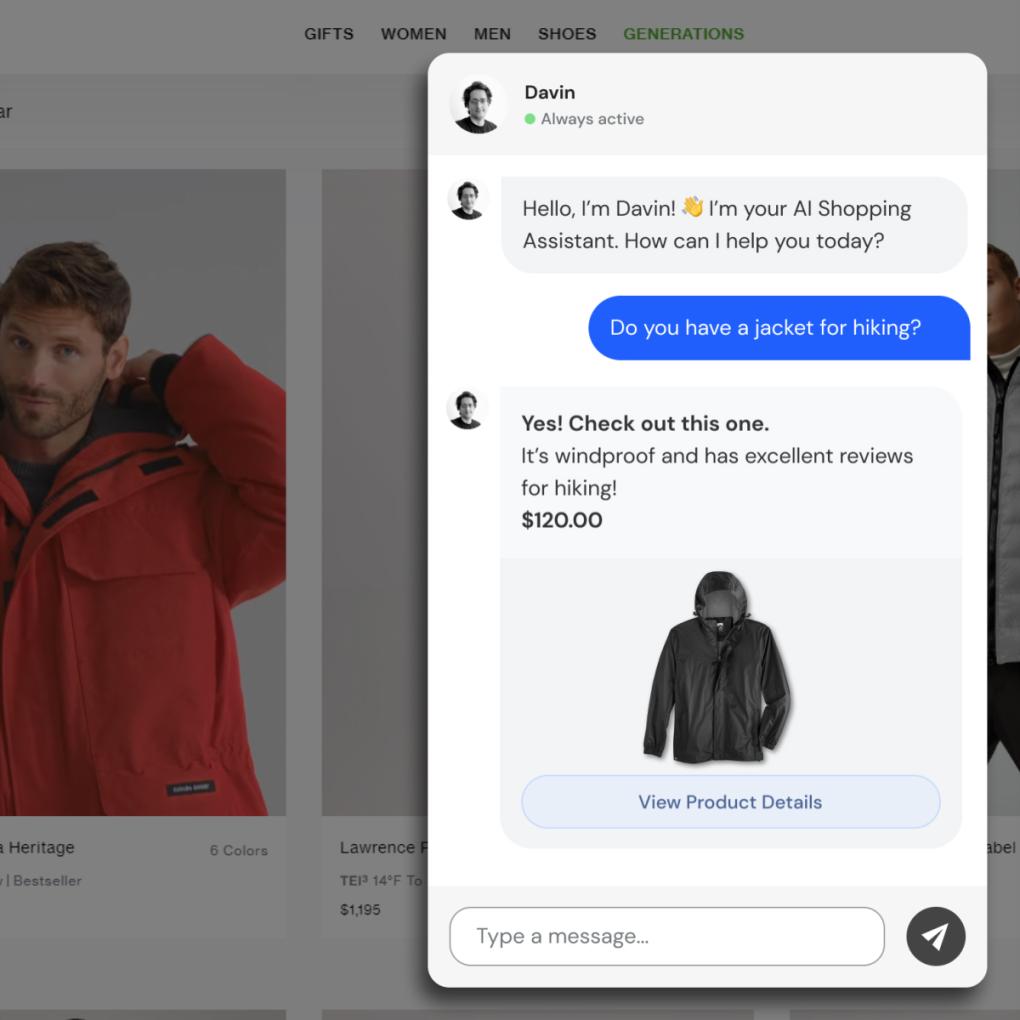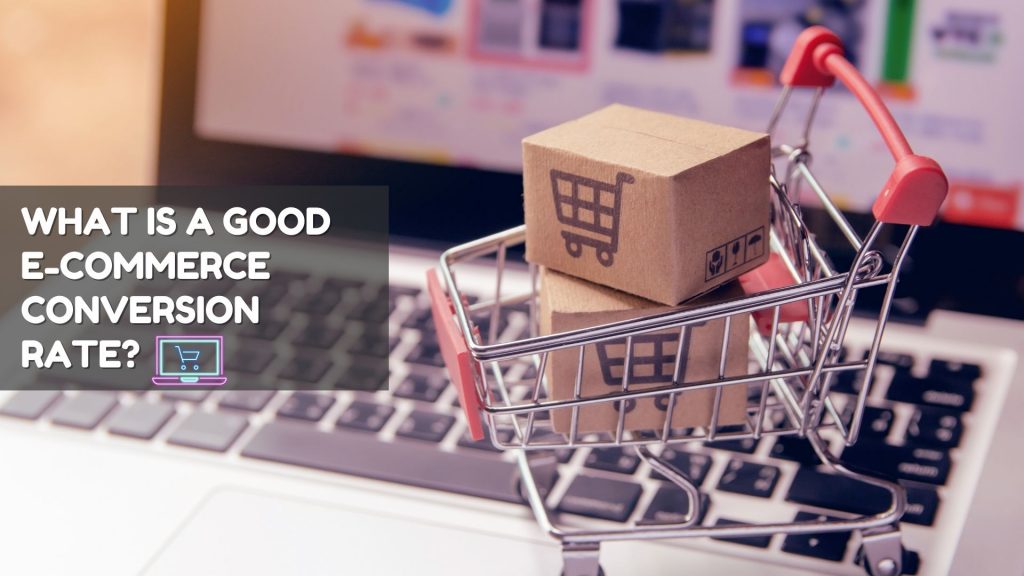E-Commerce Automation: Why Retailers Should Prioritize It
Inci Vardar
Have you ever spent a whole day working without completing many of the tasks you’ve planned for that day? Probably many of us have because we tend to plan ahead for the more critical work and completely ignore the small, usually repetitive tasks that take only a few minutes. Unfortunately, those teeny-tiny tasks accumulate to take hours and sometimes occupy time that can be devoted to the more important stuff.
According to Zapier, “94% of workers say they perform repetitive, time-consuming tasks in their role.” What adds insult to injury is that some of those small issues don’t even require human intervention; robots can easily and even more efficiently deal with them. Our need to optimize time to do our jobs and the increasing requirements of modern business practices resulted in automation, which became an integral part of e-commerce in no time. Here, we’ll take a look at how businesses can benefit from e-commerce automation and why retailers should prioritize it.

What Is E-Commerce Automation?
Before delving into why retailers should prioritize e-commerce automation, it is essential to understand what it stands for and the areas in which it can be deployed. E-commerce automation consists of technology and software deployments that streamline and simplify specific operational processes of an online business. These processes range from repetitive tasks like greeting customers and asking how you can help to time-consuming chores prone to human error, such as inventory management.
In fact, you might (and should!) have different priorities for your business, such as generating quality leads and making sales. But when you start looking for the optimal solutions to achieve your goal, you see that automation stands out as the go-to method that simplifies many of those processes. McKinsey estimates that “adapting currently demonstrated technology has the technical potential to automate roughly 50% of the world’s current work activities.”
Why Retailers Should Prioritize E-Commerce Automation
Today, e-commerce automation accelerates and improves order processing, inventory management, customer support, marketing, and more. Zapier’s 2021 report says that “88% of SMBs say automation allows their company to compete with larger companies.” As well as benefiting businesses by enhancing efficiency and reducing costs, e-commerce automation also contributes to customer satisfaction by providing a seamless shopping experience.

Most commonly automated tasks from Zapier’s 2021 State of Business Automation report.
Enhancing Customer Experience
A great customer experience recipe mainly consists of three ingredients: Less waiting, a seamless process, and more value. E-commerce automation tools cover all three ingredients in different areas. Deploying AI-powered chatbots or any kind of first-contact automation in customer support decreases waiting times through instant assistance, for instance. Inventory management automation leaves less room for error and customer disappointment, while it can help retailers create a sense of urgency with real-time claims such as “Only 3 left!” Last but not least, automation enables personalized shopping recommendations based on browsing patterns, customer preferences, or purchase history.
Boosting Operational Efficiency
As explained before, streamlining routine tasks leave room for important business and creative thinking. Order processing, inventory management, and shipping don’t really require human intervention in this day and age, and automation decreases the risk of errors. Thanks to automation, retailers can now process orders more quickly, reduce the risk of stockouts, and ensure timely delivery.
Reducing Operational Costs
Manual labor is more expensive yet more prone to errors. Automating repetitive tasks and complicated procedures significantly reduces the risk of making costly mistakes and also cuts down on labor costs. McKinsey’s Sales Automation report says, “Benefits of automation in sales include an overall cost reduction of 10 to 15% and a reduction of order processing time.” What’s more, cost reductions are accompanied by productivity boosts. Nucleus Research found marketing automation drives a 14.5% increase in sales productivity and a 12.2% reduction in marketing overhead.
Scaling Business Operations
E-commerce automation elevates sales performance, which drives growth and expansion. However, growth comes with its own problems, such as increased order volumes and large amounts of CRM data. This growth in demand can be temporary, and accommodating a redundant labor force after high season is not an option. E-commerce automation systems can streamline operations and require minimum manual intervention, enabling businesses to scale their operations in a more affordable and controllable manner without compromising the quality of service.

Real-World Benefits of E-Commerce Automation
Both reason and research show that e-commerce automation has various operational benefits and a positive effect on customer experience. For a retailer, e-commerce automation has three main real-world benefits:
1. Increased Sales and Conversion Rates
As mentioned, e-commerce automation streamlines and simplifies processes. A faster, friction-free, and personalized journey increases the chances for conversion. And the areas you automate can nudge users to rethink their decisions.
Chalk & Cheese, a digitally-led marketing company, focuses on cart abandonment emails. So far, they have discovered that this approach resulted in a 55% open rate and a 22% recovery rate. Offering personalized deals and incentives based on browsing history can improve the outcome.
2. Improved Customer Retention
As you have probably heard before, acquiring new customers costs about five times more than retaining existing customers. Improving customer experience and increasing satisfaction levels give you better retention chances. Building a loyal and engaged customer base is an objective that can be achieved painlessly with e-commerce automation.
A real-world example is Embla Home, a brand that combined email marketing with an SMS campaign that generated 531x ROI. They asked the users to subscribe to their newsletter at the end of their purchase, and to make sure that the customers were interested in their offers, they ran a re-engagement campaign using SMS automation. Embla reactivated the customers with click-through rates of 76%, with 60% resulting in a conversion.
3. Enhanced Competitive Edge
Responding quickly to market changes, customer requests, and emerging trends gives retailers a competitive edge in the highly saturated e-commerce arena. AI-powered e-commerce automation helps businesses focus on improvements and innovation instead of drowning in everyday chores to stay agile and flexible to evolving consumer preferences.
If you are looking for more AI-powered tools that can help you save time and resources, Shopify covered that with a video list:
But if you want a complete solution to streamline your customer support and social sales practices, look no further than Juphy.
Practical Tips for Implementing E-Commerce Automation
Practical Tips for Implementing E-Commerce Automation
For Small Businesses and Startups:
- Start with Customer Service Automation:
- Why: Small businesses often have limited resources. Automating customer service with AI chatbots can handle common queries, freeing up your team for complex issues.
- How: Implement simple chatbot solutions that can answer FAQs, track orders, and provide basic support.
- Automate Social Media Marketing:
- Why: Consistency is key in social media. Automation tools can help schedule posts and analyze engagement patterns.
- How: Use tools like Buffer or Hootsuite for scheduling. Leverage analytics to understand the best times to post and the types of content that resonate with your audience.
- Simplify Email Marketing:
- Why: Email marketing remains a powerful tool. Automation can help in segmenting audiences and sending personalized content.
- How: Utilize email automation platforms to create targeted campaigns based on customer behavior and preferences.
For Medium-Sized Businesses:
- Inventory Management Automation:
- Why: As you grow, managing inventory manually becomes impractical. Automation ensures accuracy and saves time.
- How: Invest in inventory management software that integrates with your sales channels, automating stock level updates and reordering processes.
- Automated Reporting and Analytics:
- Why: Data-driven decisions are crucial for growth. Automated reporting tools can provide insights without manual effort.
- How: Implement tools that automatically generate sales, marketing, and customer service reports, providing actionable insights.
- Automate Lead Generation and Nurturing:
- Why: Nurturing leads is time-consuming but critical for sales. Automation can help personalize this process at scale.
- How: Use CRM tools with automation capabilities to track and nurture leads through personalized emails and content.
For Large Enterprises:
- End-to-End Process Automation:
- Why: At this scale, efficiency in every process is crucial. Automating end-to-end processes, like order processing to delivery, minimizes delays and errors.
- How: With an eye on ERP costs, implement advanced ERP systems that integrate all business processes, from order management to shipping and logistics.
- AI-Driven Predictive Analytics:
- Why: Predictive analytics can forecast trends and customer behavior, helping in strategic planning.
- How: Use AI tools to analyze big data for market trends, customer preferences, and potential business opportunities.
- Personalization at Scale:
- Why: Personalization enhances customer experience. Automation enables personalization at a large scale.
- How: Deploy advanced AI algorithms for personalized product recommendations, content, and marketing messages based on individual customer data.
Juphy’s Contribution to E-Commerce Automation
The e-commerce landscape can be quite adventurous, especially when it comes to engaging with your customers effectively. That’s exactly where Juphy’s AI Agent steps in to make the journey smoother.
Chatbot Magic: Our ‘Built for Shopify’ badged AI chatbot is your always-on, ever-helpful assistant, engaging with customers, resolving queries, and offering personalized suggestions. It’s about ensuring every customer feels valued at any time of the day.

One Dashboard, Many Platforms: Managing multiple platforms can be overwhelming. That’s why Juphy centralizes all your social media and e-commerce interactions in one straightforward, user-friendly dashboard. This means less clutter and more clarity for you.
Insights That Matter: Making informed decisions is vital in e-commerce. Our analytics provide the straightforward, actionable insights you need to truly understand your customers and make confident, impactful decisions.
Grow with Juphy: We adapt as you evolve, whether you’re just starting out or scaling up. Juphy is designed to be flexible and customizable, reflecting the uniqueness of your business journey.
Conclusion
More and more brands are investing in e-commerce automation, which offers numerous cost-effective benefits. Prioritizing e-commerce automation can support your improvement efforts in different areas, ranging from order processing to customer support. In order to be better positioned to thrive in the dynamic and competitive world of online commerce, you can start automating customer support and social selling processes with Juphy in no time. Give it a try for free and see the difference!



